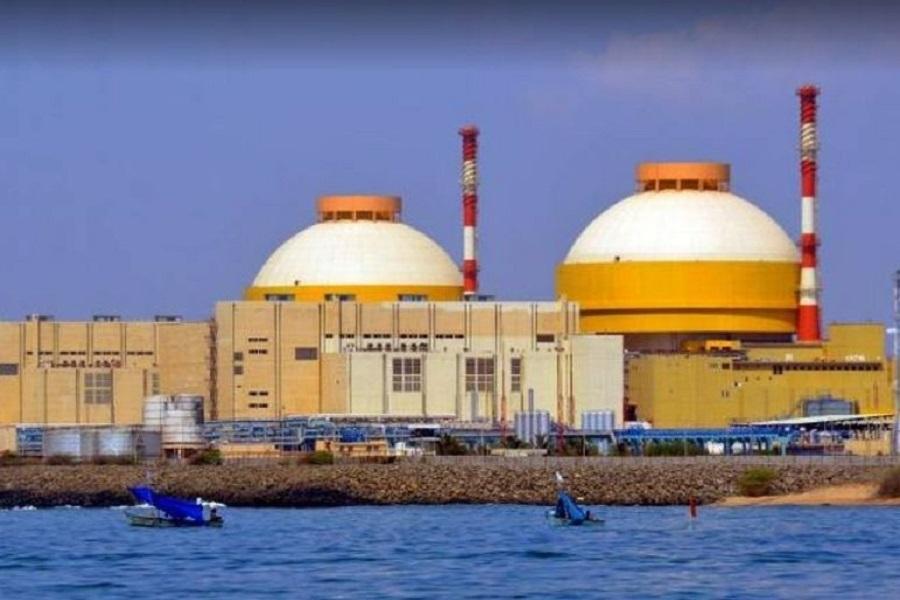
Centre Reviews 100 GW Nuclear Mission to Boost Clean Energy Goals
In a significant development, Union Power Minister Manohar Lal Khattar and Minister of State for Atomic Energy, Dr Jitendra Singh, convened a high-level meeting on Friday to discuss India’s ambitious 100 GW Nuclear Energy Mission. This meeting is a follow-up on Prime Minister Narendra Modi’s bold target of expanding India’s clean energy basket and reaffirms the country’s commitment to achieving Net Zero emissions.
The 100 GW Nuclear Energy Mission is a crucial component of India’s plan to increase its clean energy capacity and reduce its carbon footprint. The mission aims to generate 100 gigawatts of electricity from nuclear power plants by 2030, up from the current capacity of around 6.7 GW. This significant increase will not only help India meet its renewable energy targets but also reduce its dependence on fossil fuels and mitigate the impact of climate change.
During the high-level meeting, the ministers reviewed the progress made so far in achieving the 100 GW Nuclear Energy Mission and discussed the key directives and timelines for its successful implementation. The meeting was attended by senior officials from the Ministry of Power, Ministry of New and Renewable Energy, Department of Atomic Energy, and other relevant stakeholders.
According to sources, the ministers emphasized the need for a coordinated effort from all stakeholders, including the private sector, to achieve the mission’s objectives. They also stressed the importance of ensuring public safety and transparency in the implementation of the mission.
The 100 GW Nuclear Energy Mission is expected to have a significant impact on India’s energy landscape. It will not only provide a cleaner and more sustainable source of energy but also create new job opportunities and stimulate economic growth. The mission will also help India meet its international commitments under the Paris Agreement and contribute to global efforts to combat climate change.
India’s nuclear energy program has made significant progress in recent years, with the commissioning of new reactors and the construction of new nuclear power plants. The country has also made significant investments in research and development, including the development of advanced nuclear technologies and the establishment of nuclear research centers.
The success of the 100 GW Nuclear Energy Mission will depend on several factors, including the availability of financing, the development of new technologies, and the regulatory framework. The government has already announced several initiatives to support the mission, including the establishment of a nuclear finance corporation and the development of new nuclear technologies.
In conclusion, the review of the 100 GW Nuclear Energy Mission by the Union Power Minister and the Minister of State for Atomic Energy is a significant step towards achieving India’s clean energy goals. The mission has the potential to make a significant impact on India’s energy landscape and contribute to the country’s commitment to achieving Net Zero emissions. With the support of all stakeholders, India is well on its way to achieving its ambitious clean energy targets.






